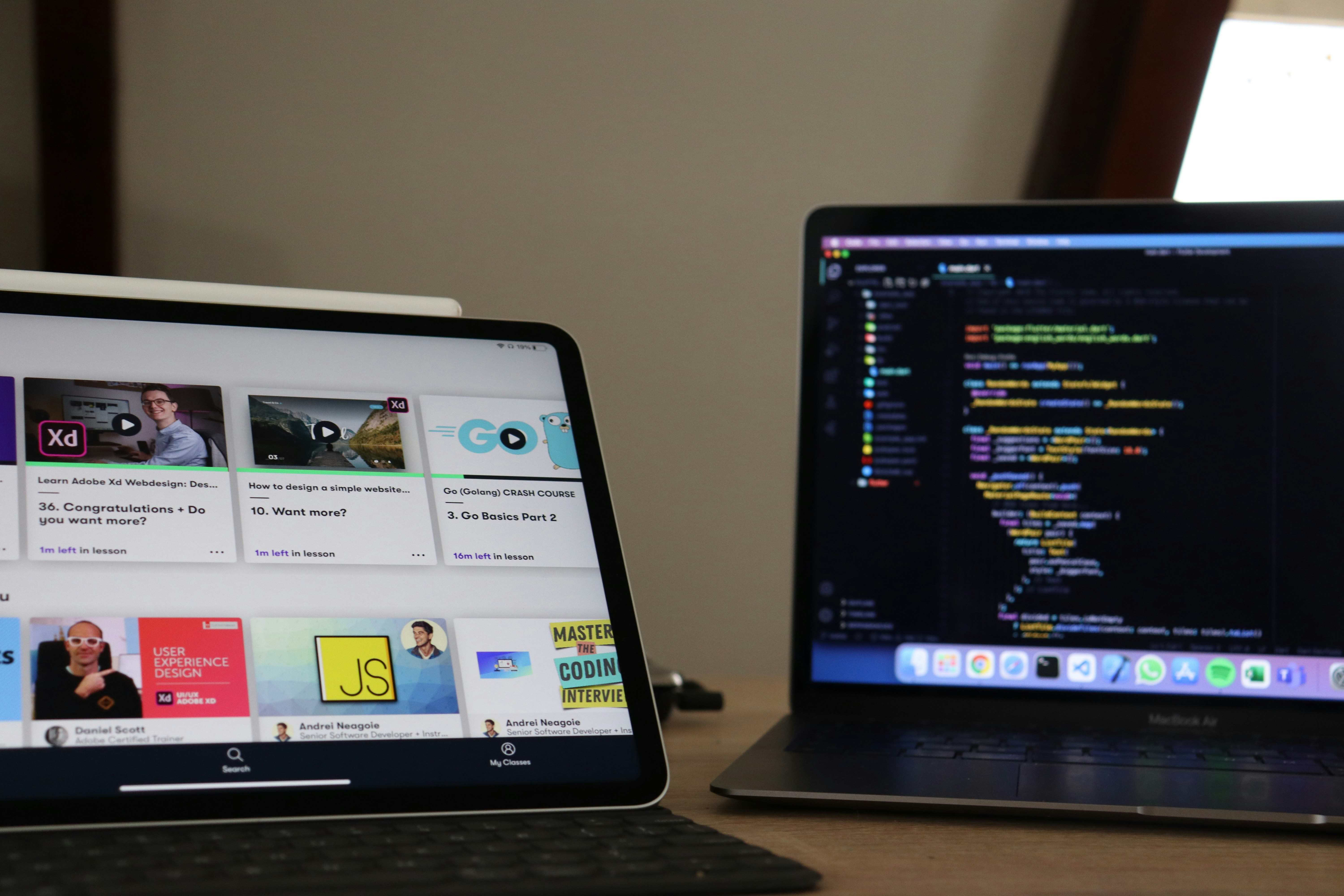Understanding the Impact of AI on the Job Market
The integration of artificial intelligence (AI) into various sectors is reshaping the job market, instigating a significant transformation in employment patterns. Industries ranging from manufacturing to finance and healthcare are witnessing the emergence of AI technologies that optimize efficiency and streamline processes. As a result, certain job roles, particularly those involving repetitive tasks, are increasingly susceptible to automation, leading to their gradual obsolescence.
Research indicates that jobs heavily reliant on routine physical or cognitive tasks are at a higher risk of being displaced by AI applications. For instance, roles such as data entry clerks and assembly line workers have seen a marked decline due to the implementation of AI-driven technologies that can perform similar functions more rapidly and with greater precision. According to a report by McKinsey, up to 800 million jobs worldwide could be lost to automation by 2030. This statistic underscores the profound impact of AI on the current employment landscape, signaling a shift that organizations and individuals must adapt to in order to remain relevant.
However, it is not solely a story of job loss; AI is simultaneously creating new opportunities in the job market. As industries evolve, there is a burgeoning demand for roles that facilitate the development, maintenance, and ethical management of AI technologies. Positions such as AI specialists, machine learning engineers, and data scientists are increasingly sought after. The need for individuals who can harness AI’s potential to drive business innovation has never been greater. According to the World Economic Forum, it is estimated that by 2025, 97 million new jobs may emerge that are aligned with the shifting division of labor between humans, machines, and algorithms.
In conclusion, while AI poses challenges by rendering certain job roles redundant, it also holds the promise of generating new career opportunities that are essential for the future workforce. As we embrace the AI era, it is vital for both employers and employees to navigate these changes thoughtfully and strategically.
Top AI-Related Jobs on the Rise
As artificial intelligence (AI) technology evolves, it is giving rise to a variety of new job roles, each with its unique skill requirements and career trajectories. Among these burgeoning careers, a few stand out due to their anticipated demand in the workforce. A prime example is the AI ethicist, a role dedicated to addressing ethical concerns arising from AI implementation. This position requires a background in philosophy, ethics, or law, accompanied by an understanding of technology and a commitment to ensuring responsible AI usage.
Another rapidly growing role is that of the machine learning engineer. These professionals focus on creating algorithms that enable machines to learn and perform tasks without explicit programming. This position typically demands a strong foundation in computer science, mathematics, and software engineering, as well as proficiency in programming languages such as Python or R. With the increasing reliance on machine learning in industries ranging from finance to healthcare, the demand for skilled engineers is expected to surge.
Additionally, data scientists are essential to harnessing the vast amounts of data generated in today’s digital landscape. They extract insights from this data using statistical analysis, machine learning, and data visualization techniques. A successful data scientist usually holds advanced degrees in mathematics, statistics, or computer science, coupled with experience in data manipulation tools and programming languages. As organizations continue to leverage data for decision-making, the role of the data scientist is likely to expand significantly.
Lastly, the AI product manager is becoming increasingly important as companies seek to integrate AI technologies into their products effectively. This role bridges the gap between technical teams and business stakeholders, requiring strong project management skills and a solid understanding of AI applications. Professionals in this position may come from various backgrounds, including engineering or business, but must possess a comprehensive knowledge of AI to guide product strategy successfully. Such diverse roles illustrate the rich career opportunities that are emerging in the AI era.
The Skills You Need for Future AI Jobs
As the demand for jobs in the AI sector continues to rise, equipping oneself with the right skills has never been more critical. The evolving job market driven by artificial intelligence presents opportunities that require a combination of technical and soft skills. Among the essential technical skills, proficiency in programming languages such as Python and R is crucial, as these are widely used in machine learning and data analysis. Understanding data structures and algorithms will also provide a strong foundation for those aiming to excel in this field.
Data analysis is another vital skill, enabling professionals to make sense of vast amounts of information generated in our increasingly data-driven world. Familiarity with data visualization tools like Tableau or Power BI can help in presenting data insights effectively. Additionally, knowledge of AI frameworks such as TensorFlow or PyTorch is beneficial for those looking to engage in deep learning projects.
However, technical skills alone are insufficient for success in AI-related roles. Employers are increasingly valuing soft skills such as critical thinking, creativity, and adaptability. Critical thinking empowers individuals to approach complex problems analytically and devise innovative solutions. Creativity, on the other hand, is essential for developing novel applications of AI technologies. Furthermore, strong communication skills help facilitate collaboration in diverse teams, ensuring that insights derived from AI initiatives are articulated clearly to stakeholders.
To acquire these skills, individuals can explore various educational resources available online. Platforms like Coursera, Udacity, and edX offer courses that focus on both technical and soft skills pertinent to AI jobs. Certifications from recognized institutions can also help bolster one’s resume. As the landscape of employment continues to shift with advances in AI, lifelong learning and skill enhancement are key strategies for staying competitive.
Preparing for the Future: Adapting to Changes in the Workplace
As artificial intelligence (AI) continues to permeate various industries, both individuals and organizations must embrace adaptability to thrive in this evolving work environment. The integration of AI technologies necessitates a commitment to lifelong learning, as skill requirements shift and new roles emerge. For individuals, engaging in continuous education through online courses, workshops, or certifications can significantly enhance employability and ensure relevance in the job market. Moreover, developing a growth mindset enables employees to view challenges as opportunities for advancement, fostering resilience in the face of change.
Professional development plays a crucial role in preparing the workforce for the AI era. Companies should prioritize offering employees access to training programs that focus on both technical and soft skills, such as critical thinking, emotional intelligence, and creativity. These competencies will distinguish individuals in a landscape increasingly dominated by automation. Furthermore, organizations can facilitate mentorship and coaching initiatives to help employees navigate career transitions, thereby enabling a smooth integration of AI into daily operations.
To cultivate a culture of innovation, organizations must foster an environment where experimentation and collaboration are encouraged. Companies that have adopted this mentality often find themselves at the forefront of technological advancements. For instance, businesses like Google and IBM have successfully implemented AI in various capacities, leading to enhanced productivity and a redefined workforce. By supporting employees in identifying new opportunities where AI can be leveraged, organizations can remain competitive while empowering their personnel.
In conclusion, adapting to the changes brought about by AI in the workplace requires a concerted effort from individuals and organizations alike. By championing lifelong learning, professional development, and an innovative culture, the workforce can successfully navigate the challenges and opportunities that lie ahead in the AI-dominated landscape.


